![]()
» The importance of the reformists’ relation with the regime
An editorial in “Arman-e Emrouz” newspaper stresses the urgent necessity for reformists to maintain positive relations with the ruling Iranian regime, most importantly with the Supreme Leader Ali Khamenei, adding that this relationship is particularly vital in light of the charges currently faced by the reformist movement.
The editorial says: “After the events of the 2009 election, reformists’ concerns increased about their relationship with the regime, as after those events they faced many accusations, and became an opposition party as the officials of the fundamentalist lobby closer to the Supreme leader were promoting claims that the reformist lobby had stepped outside the framework of the regime; reformists made efforts in pursuit of rebutting these charges, with figures such as former President Mohammad expressing concerns that some people wanted to create a breach between the reformists and the head of the regime, Ali Khamenei.”
The editorial asserted that the reformists subsequently backed away from their earlier support of some of the policies and opinions that they had adopted previously, asserting their eagerness to interact with the regime and resolve some of the problematic issues in an effort to reduce the gap between them and Khamenei. This could be seen most clearly at the leadership level, said the editorial, adding that although there are differing degree of reformism and divergent opinions on the events of 2009 within the leadership, the reformist leaders have always been close to Khamenei.
The editorial stated that the role formerly played by Hashemi Rafsanjani as a mediator between Khamenei and the reformists could be assumed by Hassan Jahangeri, the first vice-president to Hassan Rouhani. The author stresses, however, that one must recognize the resounding success achieved by the reformists in the 2013 presidential elections and the 2015 parliamentary elections, both of which, he adds, played a major role in reviving the fortunes and strengthening the political role of the reformist lobby, which received widespread active public support. The editorialist voiced hope that the current tensions between the reformist and fundamentalist branches of the regime would ease, with both uniting under one banner, that of “the Leader”, in order to better cope with the social and economic crises facing the country.
The author avoids any mention of the ‘National Reconciliation’ initiative recently launched by prominent reformist figure Mohammed Khatami, who is out of favor with the leadership, being considered a leader of sedition, despite the initiative making the exact same call for unity. The initiative was dismissed peremptorily by the Supreme Leader, who said, “There is no need for national reconciliation”, with the author carefully renaming the same policy as a call for unity under “one banner” in order to avoid any mention of this fact.
“Arman-e Emrouz” Newspaper, Monday, March 6, 2017
» Strategic and tactical distortion
An editorial in Tuesday’s “Iran” newspaper concerns the political climate in Iran in the run-up to the forthcoming 2017 presidential elections, with the editorialist suggesting that the current political climate is unfavourable for the country’s fundamentalists after they changed their previous strategy.
According to the editorial, “When the fundamentalists realized that Hassan Rouhani would be standing in the election, they despaired and changed their strategy. Under the new strategy their current focus is on trying to reduce the number of votes for Rouhani instead of toppling him.” The writer suggests that two factors are required by the fundamentalists to ensure a poor turnout for the election, which are respectively the absence of any strong competitor for the presidency and the dissemination of rumors to encourage an atmosphere of lethargy and indifference towards the elections.
The editorial states that, according to previous experience, high voter turnout has always worked in the reformists’ favour since the majority of the people support this political tendency, while low voter turnout means fewer votes for reformist candidates and would mean less public support for Rouhani and thus next power for him to shape policy in the next government. It is also possible that this might have a knock-on effect in the transition to the second phase of the elections. Due to these factors, the editorialist writes, the reformists are keen to ensure high voter turnout as a key aspect of ensuring Rouhani’s success.
The editorialist asserts that the fundamentalists opposing Rouhani are not keen to see high voter turnout, adding that due to the absence of consensus between them on fielding a single candidate, they are fearful of losing their influential status in Iranian society. The writer adds that the social changes in Iran in recent years have seen the fundamentalists’ influence dwindling, with their key figures unable to separate themselves from extremists. This, warns the writer is “another reason to keep them away from this [Iranian] society, and destroy their popularity.”
The editorialist concludes by stating that on reviewing all the aforementioned points, one can see that rather than focusing on presenting their own strengths and discussing their electoral program, the fundamentalists are instead campaigning negatively against their rival, Rouhani, ad attempting to deny all that he has achieved for Iran in recent years despite the increasing problems in the country, particularly the high unemployment rates among young people.
“Iran” Newspaper, Tuesday, March 7, 2017
![]()
♦ 94% of spousal violence complaints in Iran filed by women
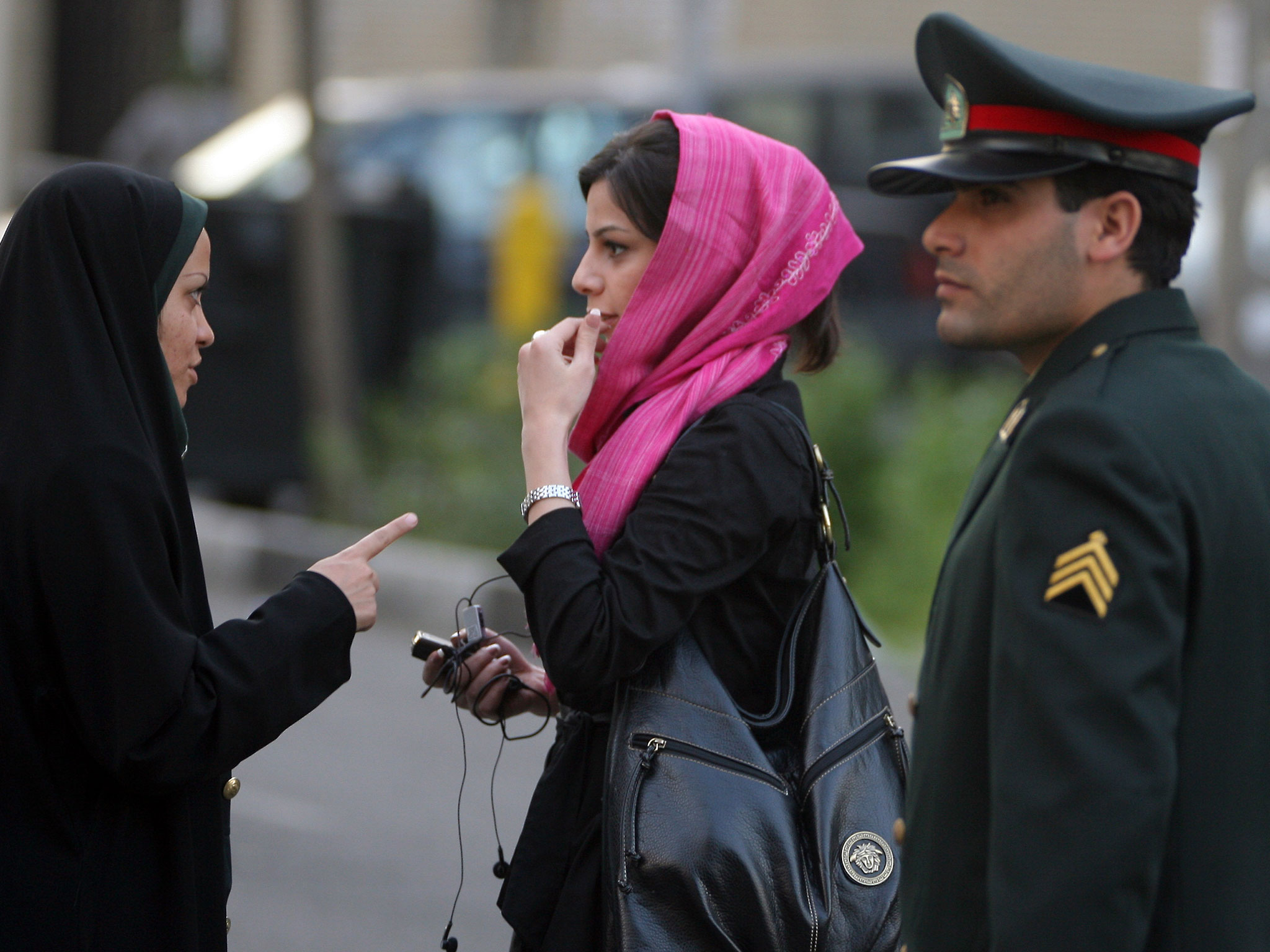
The vice-chairperson of Iran’s state welfare organization has revealed that 142, 000 people contacted social emergency hotline last year, with 65 percent of these calls made by women. The senior official, Habibollah Massoudi-Farid, also mentioned that over half of the 4,240 people who committed suicide in Iran in 2016 were women, who accounted for 2,800 of the suicides recorded in the country, 66 percent of the total. Massoudi-Farid also talked about the government’s establishment of safe houses for teenage girls running away from home, revealing that over 90 percent of the girls who fled their family homes did so due to domestic problems.
Sputnik News
♦ Montazeri refused to hand over his father’s audio recordings
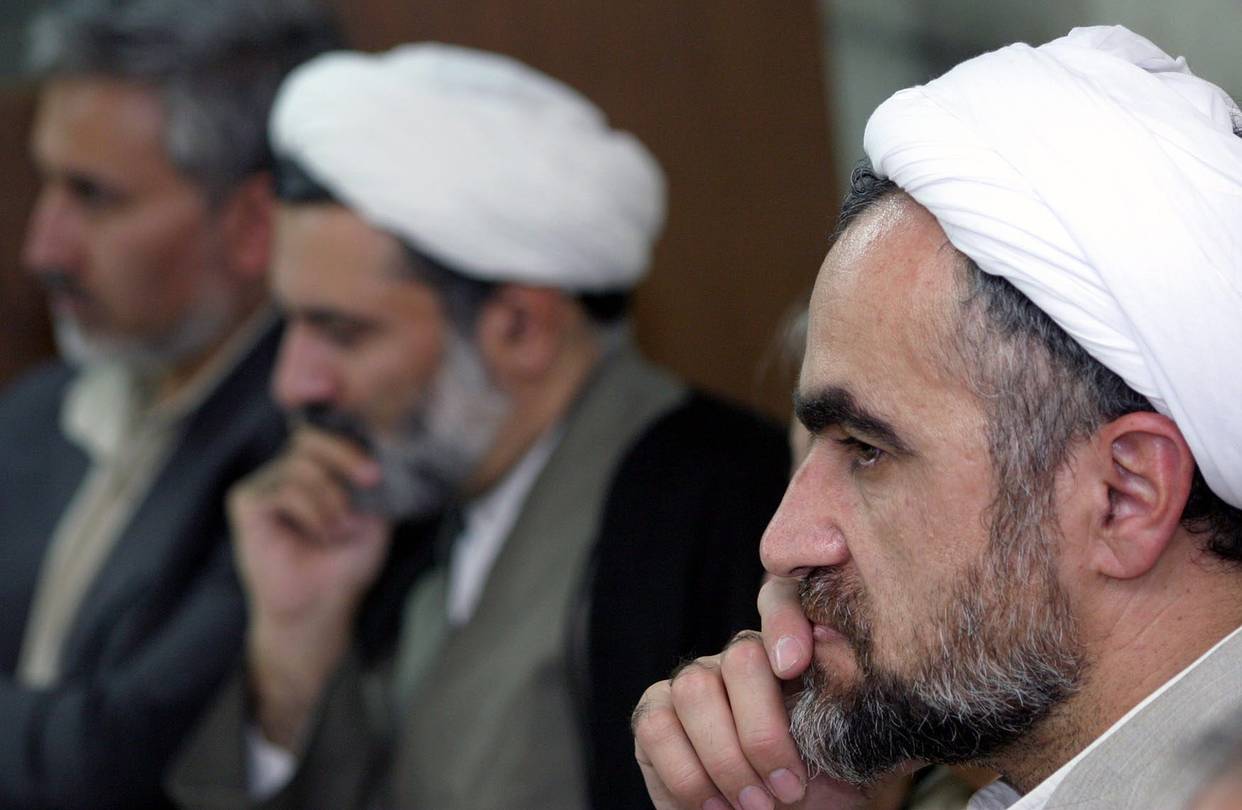
Ahmad Montazeri, the son of the late Hossein Ali Montazeri, has reportedly refused to hand over his father’s audio recordings concerning the Iranian regime’s 1988 mass executions of political prisoners to the Intelligence Ministry. According to the Kaleme website, Ahmad Montazeri told the International Campaign for Human Rights in Iran that the intelligence ministry had ordered his father not to publish the remaining audio files, instructing him to submit them to the ministry, with his appeal against this ruling rejected. Ahmad also quoted his father as saying defiantly that the remaining files wouldn’t be published until it was necessary to do so.
The Special Court for the Clergy had summoned Ahmad Montazeri and sentenced him to imprisonment after he published the controversial audio files in August 2016, although the judiciary subsequently suspended his sentence.
Deutsche Welle
♦ Another Iranian-American citizen arrested in Iran
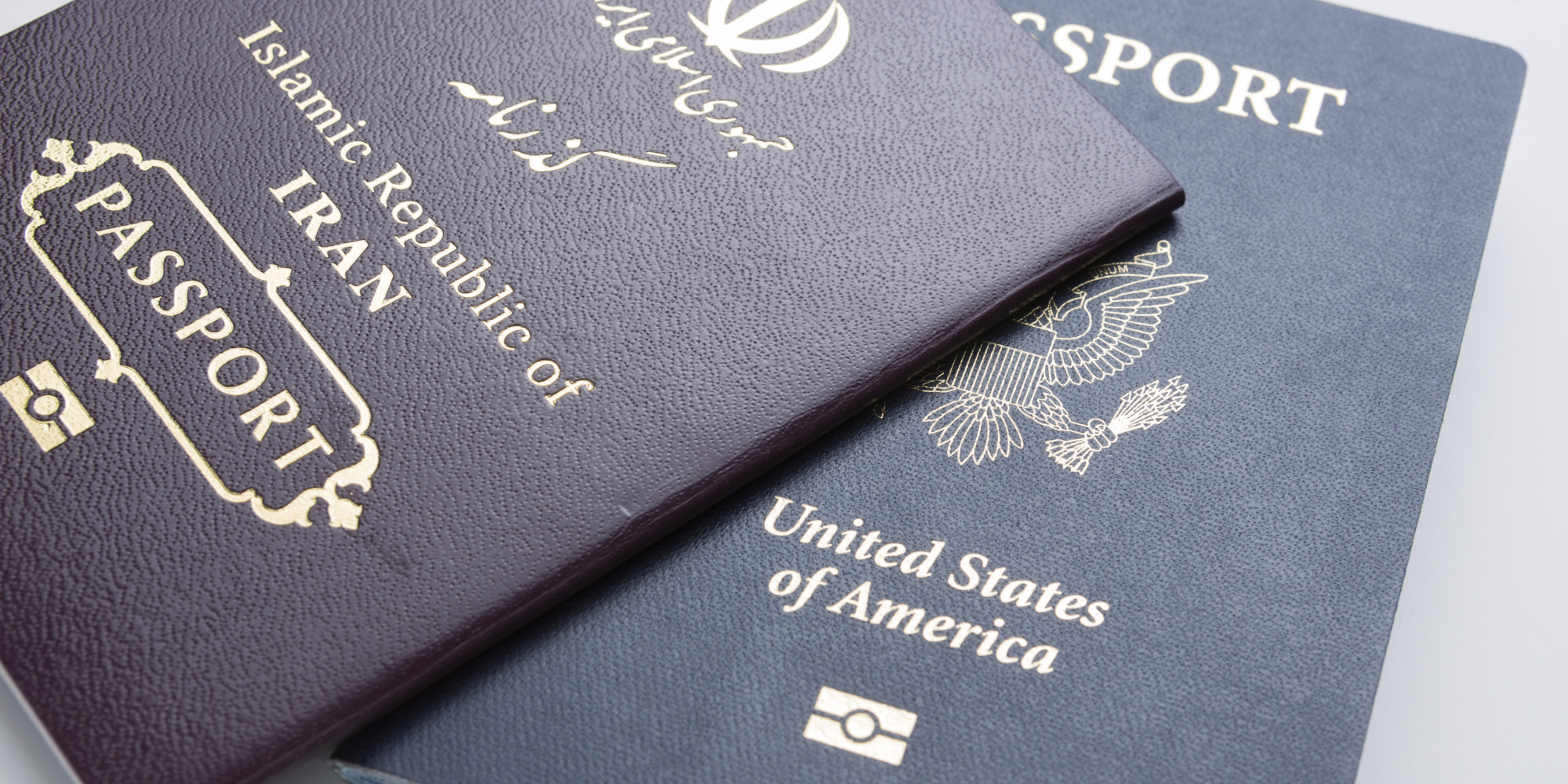
Iranian judiciary spokesperson Gholamhossein Mohseni-Eje’i announced on Sunday that an Iranian-American had been arrested, but refused to name the individual. The regime official accused the unnamed dual-citizen detainee of swindling more than 10 billion Tomans from Iranians by falsely promising to “obtain permanent residency” of the United States for them in return for money.
Radio Farda
♦ Iran continues cooperation with Russia in Noga air base
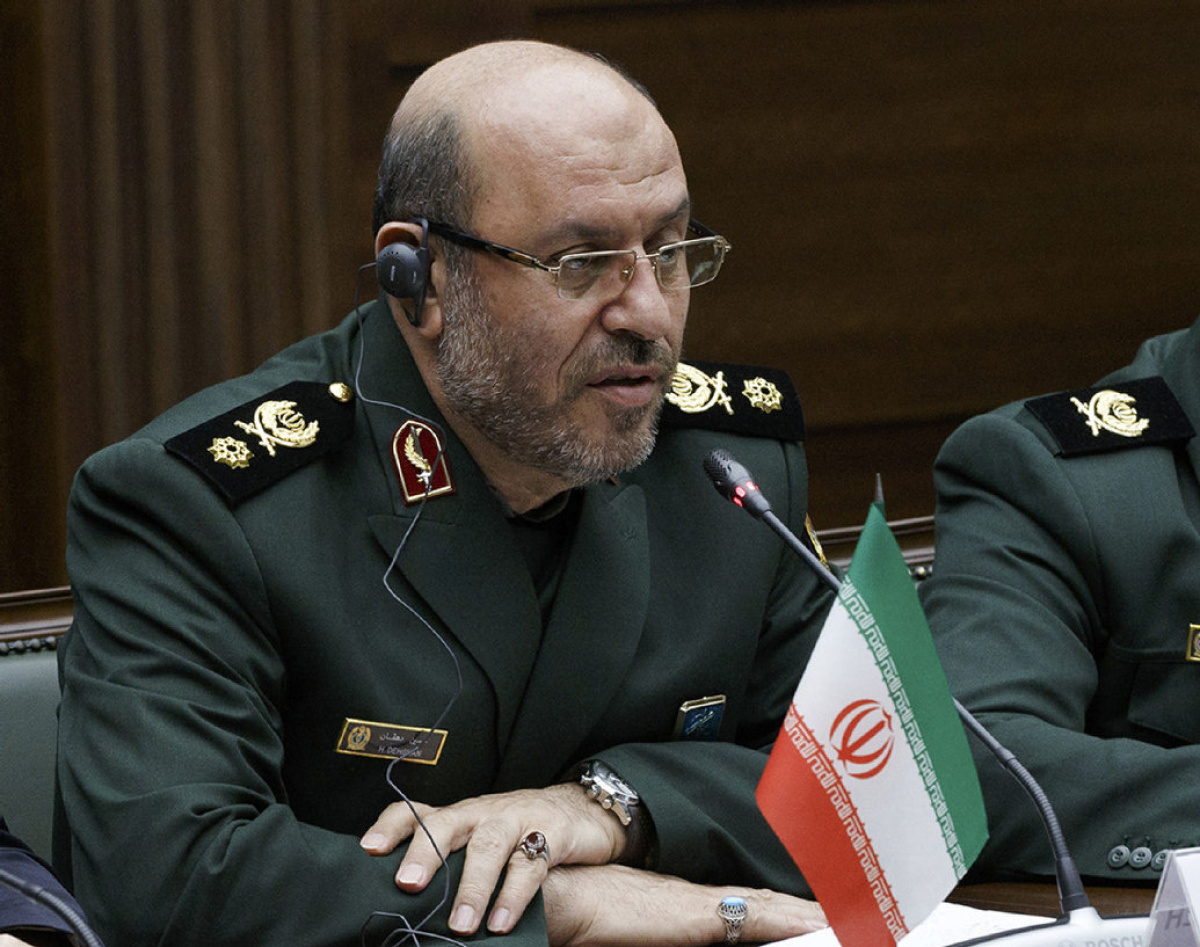
Iran’s Defense Minister says his country “fully supports” Russia’s air operations in Syria, with the two countries’ cooperation at Iran’s Noga air base set to continue for as long as it is necessary. Hossein Dehghan revealed, “We have provided Russian fighter jets with some facilities at Noga air base, such as fueling or other basic needs”, adding, “These activities are for limited periods of time.” Last summer, Dehghan implicitly criticized media revelations about Russia’s use of the Noga air base.
Radio Farda
♦ S. Africa ready to enter Iran’s petrochemical industry
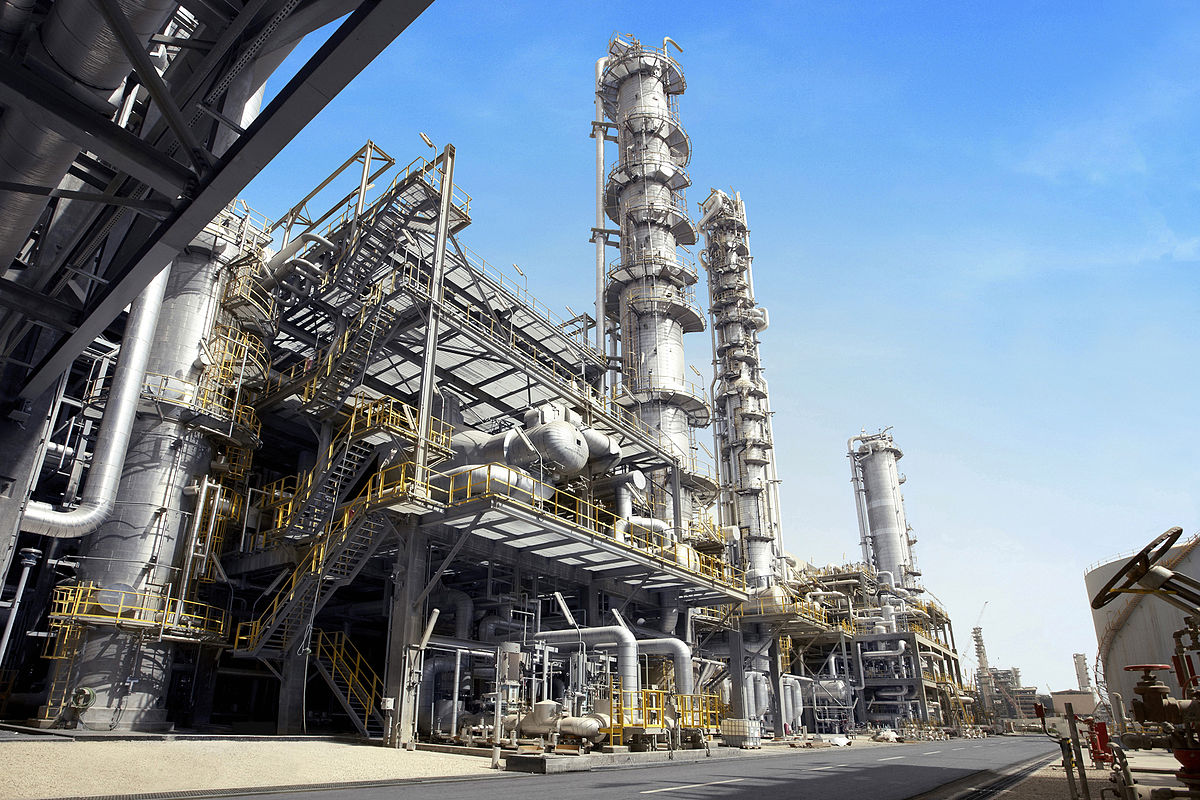
South African Energy Minister Tina Joemat-Pettersson stated on Monday that her country and Iran have laid the basis for cooperating in the energy sector. The announcement followed a meeting between Joemat-Pettersson and the director of Iran’s National Petroleum Company Marzieh Shahedai earlier the same day. The South African Energy Minister also mentioned her meeting earlier with Iran’s Oil Minister, voicing hope for further deals between the two countries during President Rouhani’s upcoming trip to South Africa.
Bartarinha
♦ Iran Science Ministry develops suicide prevention plan

Iran’s Science Ministry has drafted an operational plan which aims to prevent suicide among Iranian students, according to a ministry official. The ministry staff member, Hamid Yaghoubi, explained that the ministry has helped to set up mental health support teams at more than 110 state and private universities in the country to assist in identifying and resolving students’ concerns. Suicide levels have increased in recent years among Iranian students, especially those studying medical sciences, with Mohammad Reza Farahani, a Student Affairs Deputy of Health Ministry, noting that research shows rising levels of depression at Iranian universities.
BBC Persian
♦ IRGC was forbidden to politically interfere in elections
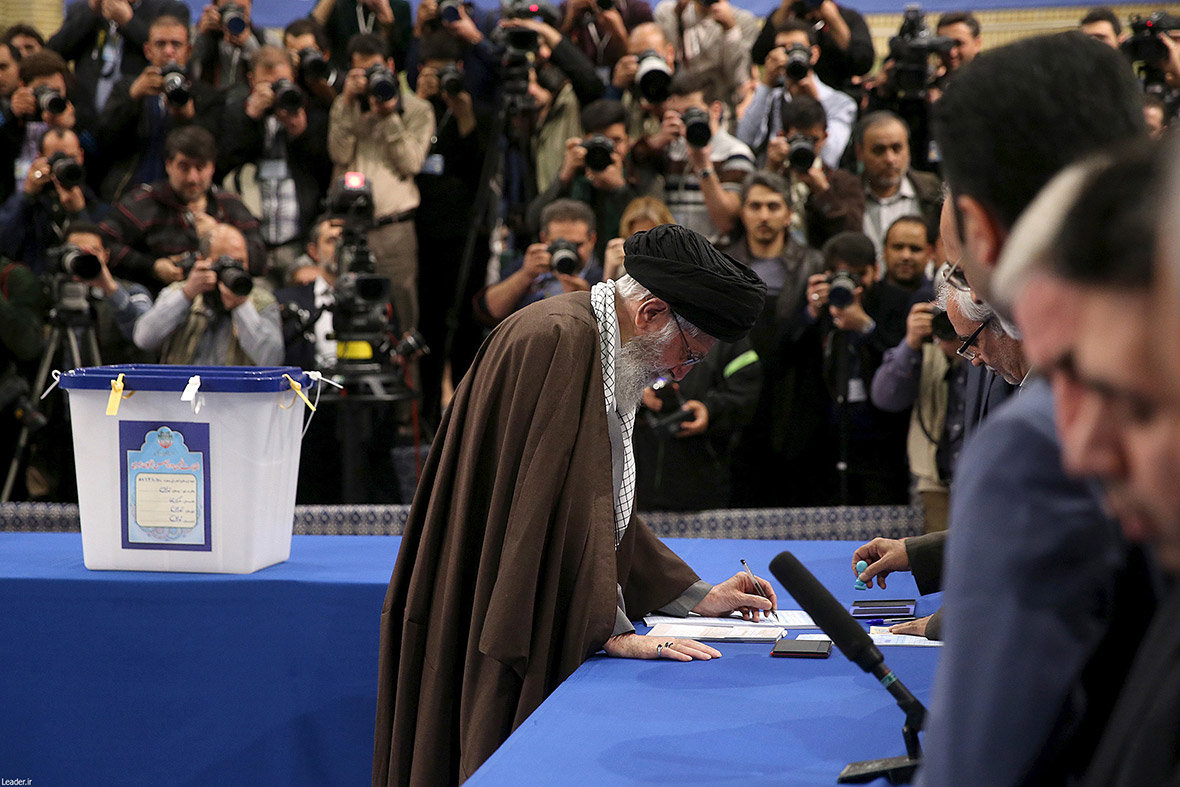
The Commander of Iran’s Islamic Revolutionary Guards Corps (IRGC), Brigadier-General Mohammad Ali Jafari, stressed that not even a single IRGC member or commander has the right to politically interfere in the country’s elections. The senior official added that “Revolutionary guards have always borne Khomeini’s commandments and Khamenei’s intentions in mind in order to avoid partisanship and political factionalism.” Brig-Gen. Jafari urged all the IRGC’s administrative and supervisory organs to carefully monitor this issue carefully and confront all violators without any exceptions.
ISNA
♦ Shirazi elites asks Raisi to run for 2017 presidential elections
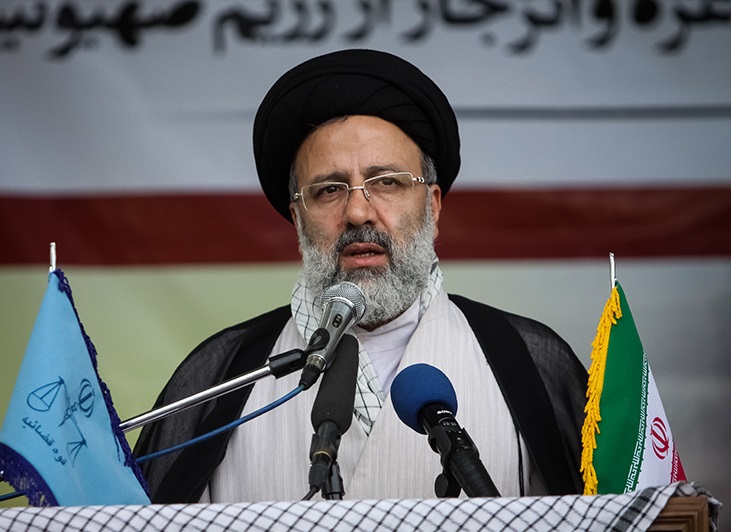
A group of high-level officials from Shiraz has urged Ebrahim Raisi to run for the upcoming presidential elections in Iran. In a letter addressed to the senior cleric, the officials wrote: “You know better than us that currently, the cultural, spiritual, social, economic, civil, industrial and scientific circumstances in the country, as well as people’s material and spiritual conditions, are far from the goals and ideals of the Islamic Revolution.” Given the sensitive conditions of the country at the national and international levels, the signatories continued, they were asking Raisi to “accept running for the presidency, and make this historical decision to honor the name of Iran, given your good religious, revolutionary and political records.”
Raisi, who is currently the Custodian of Astan Quds Razavi, previously served in various high-level positions in Iran’s judiciary system, including being Attorney-General from 2014 to 2016.
Tasnim news
♦ Iran to unveil domestically produced ‘Saba 248’ helicopter
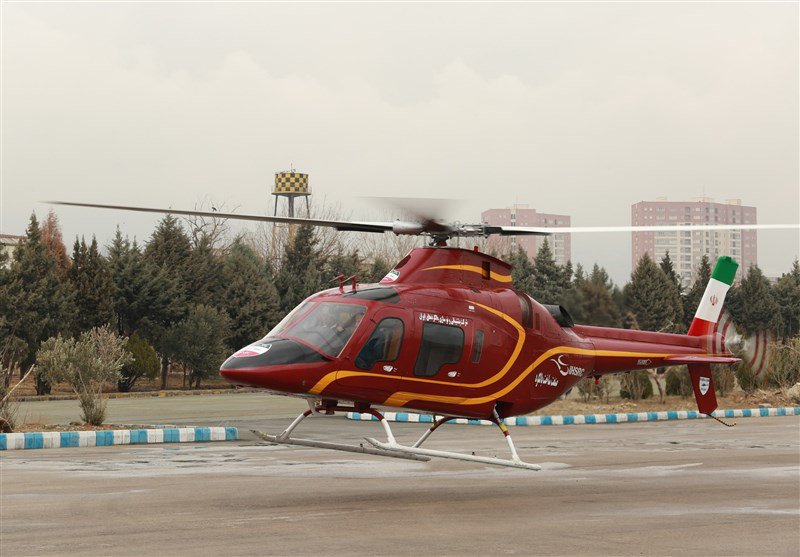
The Iranian Defense Ministry is set to unveil the first domestically produced ‘Saba 248’ helicopter shortly. Defense Minister Hossein Dehghan is set to attend the launch of the new aircraft, designed and manufactured by the defense ministry’s ‘Iran Helicopter Support and Renewal Company’ (IHSRC).
Jomhouri Eslami
♦ Rouhani: We must show our powers

Following his attendance at a session of the Assembly of Experts, Iranian President Hassan Rouhani called the forum one of the pillars of the Islamic Republic of Iran. He added that his government would shortly present a detailed report on the activities undertaken to date to promote the country’s ‘resistance economy’. “The path to the resistance economy will continue, since this economy is one of the powers of our regime, and as the leader has said, we must show our powers so that everyone knows how powerful Iran is.”
Responding to U.S. officials’ disparaging remarks about a lack of freedom in Iran’s presidential elections, Rouhani said, “Elections in Iran are free, healthy and democratic, and those who criticize Iran’s elections must look at their own election and its issues.” Iran’s president urged: “According to the constitution and current laws of the country, we have a rigorous executive system, and the strong monitoring system of the Guardian Council supervises the elections.”
IRIB news
♦ Amano reapproves Iran’s commitment to JCPOA
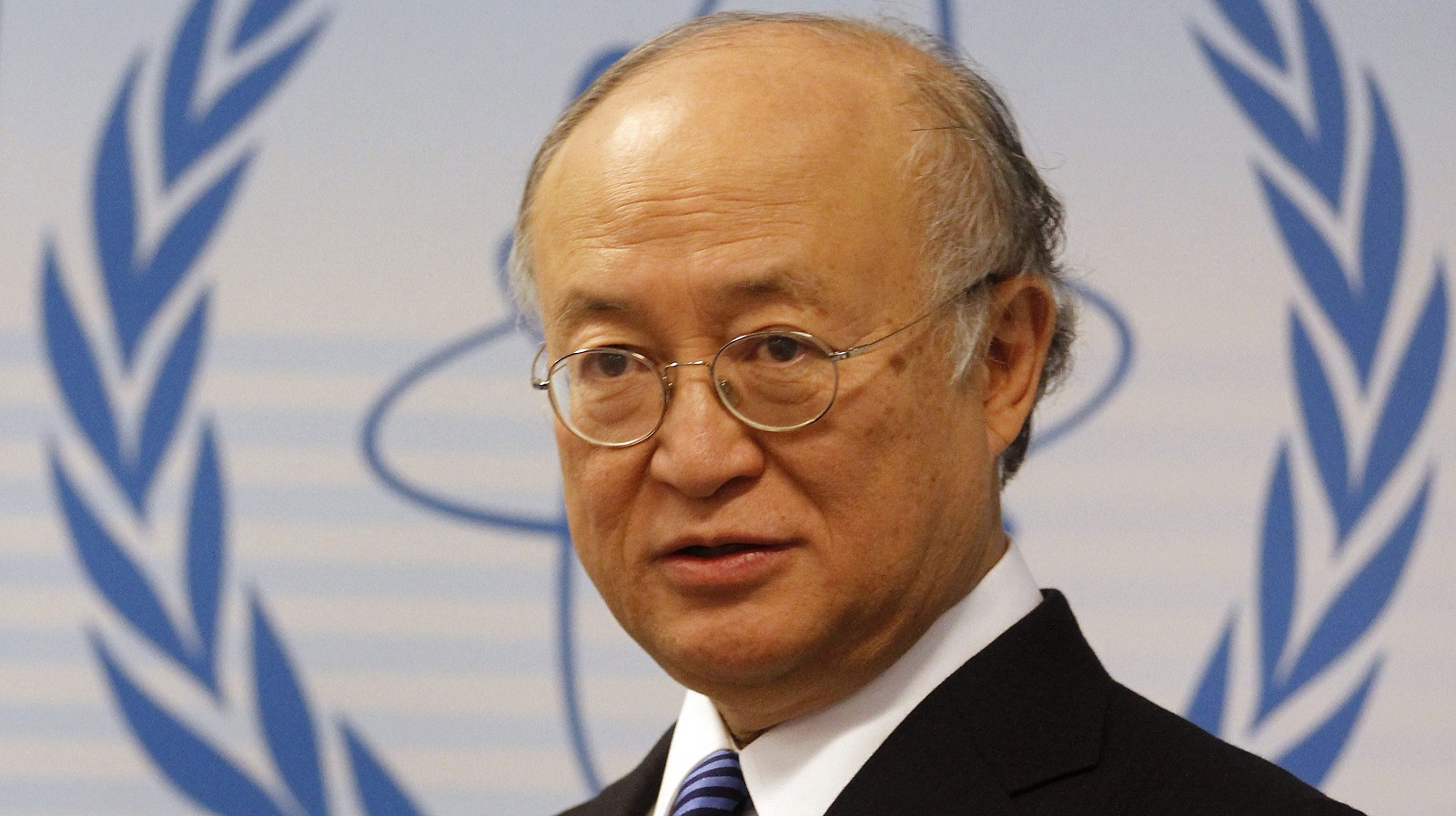
The International Atomic Energy Agency (IAEA) has once again approved Iran’s commitments to meeting its obligations to the nuclear agreement with the P5+1 group. Yukiya Amano, the Director General of the International Atomic Energy Agency, said in his opening statement at the IAEA Board of Governors’ meeting that the IAEA has now been verifying and monitoring Iran’s compliance with the implementation of its obligations under the JCPOA for over a year.
Amano further revealed that in January, the IAEA had approved the removal of “centrifuges and additional infrastructures” from the Fordow Fuel Enrichment Plant, and their transfer to Natanz Nuclear Site, where these items of equipment are stored under permanent IAEA supervision.
Press TV
♦ Australia, Turkey, Switzerland keen to open banks in Iran
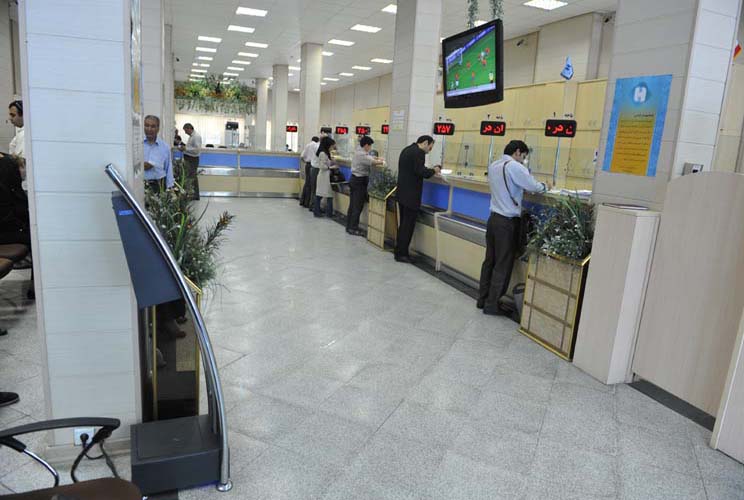
The CEO of Anzali Free Zone, Reza Masrour, said that Australia, Turkey, and Switzerland are seeking to open banks in the free zone, adding that the Iranian Central Bank has not yet issued the permits necessary to open branches of the Australian CD bank, the Turkish Renault bank, and the Swiss Royal bank there.
Masrour added that since the JCPOA, investment in this region has increased in the past year by 54 percent, adding that the free zone had attracted 69 investment projects worth 2.377 billion Tomans, further revealing that the value of exports of goods produced in the Anzali region had increased massively, and rising from $440,000 in 2012 to $49m in 2016.
Mashregh news
♦ Iranians living abroad scared to talk to UN about violation of human rights in Iran

Asma Jahangir, UN Special Rapporteur on Human Rights in Iran, says Iranians living abroad are scared to talk to UN regarding violation of human rights in Iran, as they are worried about regime retaliation against their family members still in the country. “Those who live abroad are mainly afraid of retaliatory actions against their family members by the Iranian regime,” said Jahangir, adding that the rapporteur’s office’s reviews of information received about human rights violations in Iran show no progress in this regard. Ms. Jahangir said conditions in Iran in areas such as the judiciary system, independent lawyers, freedom of speech, and arbitrary arrests are still worrisome.
VOA Persian
♦ ‘We should act intelligently towards new U.S. administration’
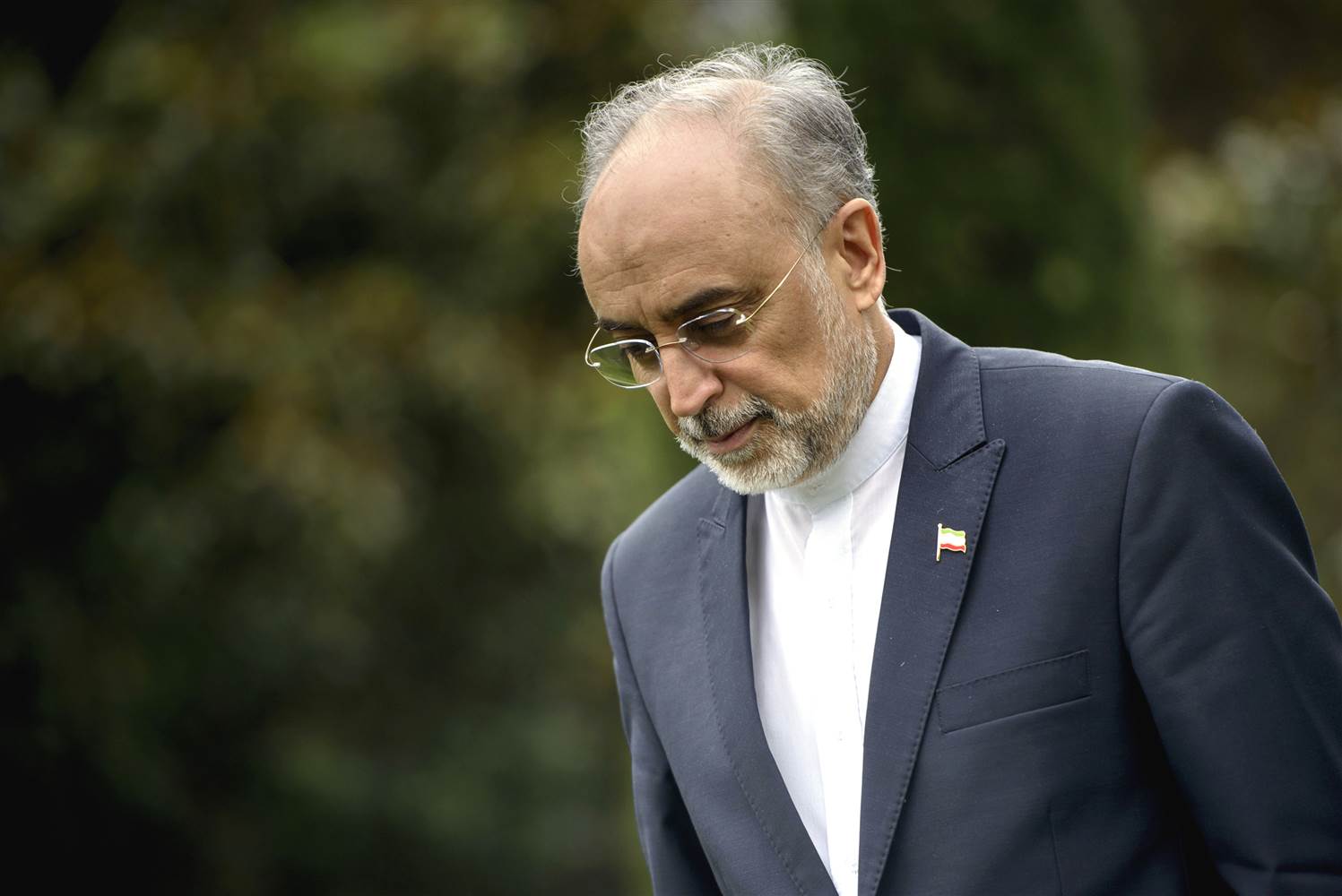
The head of the Atomic Energy Organization of Iran, Ali Akbar Salehi, said that while the organization’s intention is to maintain the JCPOA and protect its achievements, this does not mean that it will defer to illegitimate and unacceptable demands, a clear reference to previous statements by U.S. President Donald Trump. However, Salehi added, some individuals in the U.S. establishment, including some of Trump’s cabinet ministers, have declared their adherence to the nuclear deal. “Nothing special has happened yet, and Trump’s approach regarding JCPOA was in the form of verbal comments and media propaganda, so we will have no prejudgment in this regard and should act very intelligently,” the AEOI chief concluded.
Jamejam online
♦ Germany enters Iran’s automotive parts market

Iran and Germany have signed a joint venture following their previous cooperation in manufacturing machine parts, reported Tasnim News. Iran’s Crouse Company and Germany’s Continental Corporation, both active in the automotive industry, have created a joint company named CCAC in Iran, based on their agreement. The total investment for this partnership has been announced as more than 18 million Euro, with a 55 percent share given to Iran, and 45
percent to Germany.
Tabnak
♦ Sunni Faction of Iran Parliament
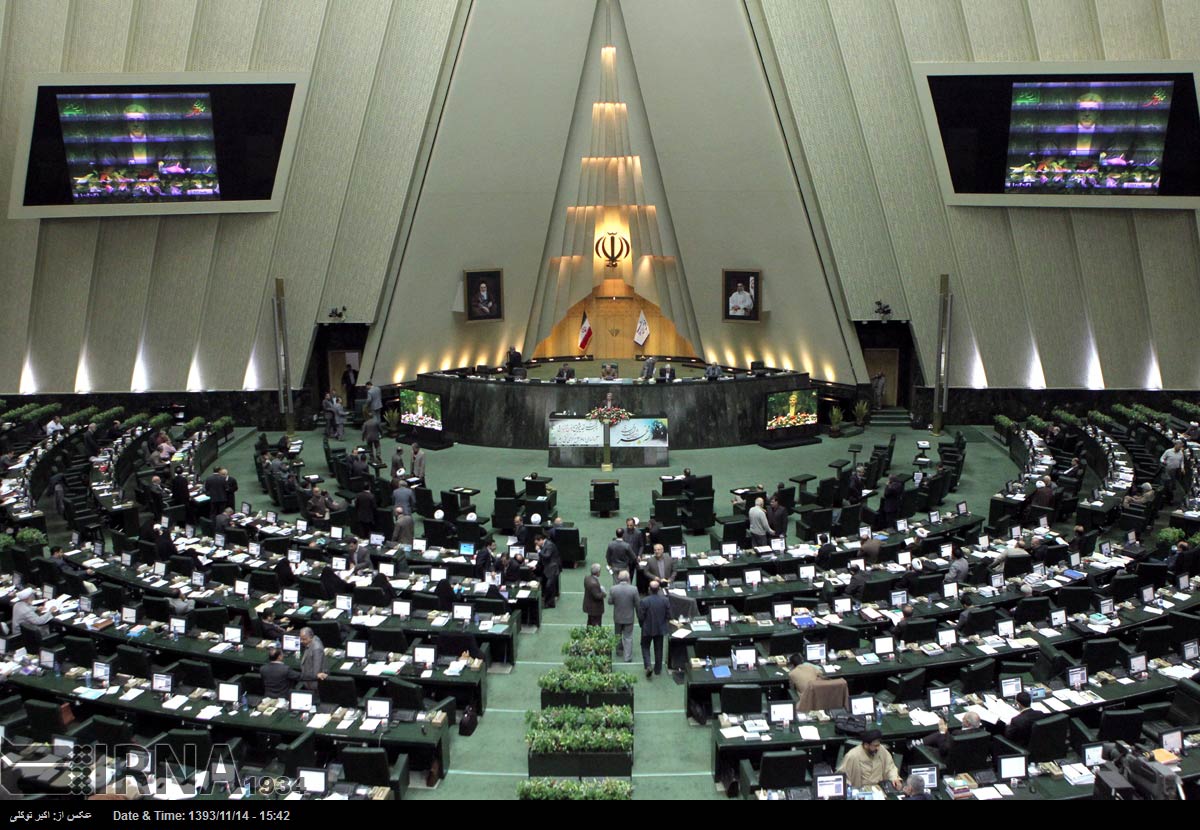
A Sunni faction in Iran’s Parliament has condemned the MP for Mashhad for “insulting Sunni sanctities”. In a letter addressed to Parliamentary Speaker Ali Larijani, the MPs said that the Mashhad representative, Javad Karimi Ghodousi, had voiced the “worst slanders and insults” against the “Rashidun Caliphs and Sunni sanctities”. In a speech delivered following last week’s Friday Prayers, Ghodousi said, “Those who were the source of deviation” were buried next to Prophet Mohammad “so that whenever Muslims hear the Prophet’s name, they will not forget their names.” The controversial MP further asserted that the same thing is now happening in Iran, saying, “Those who were the source of deviation are buried where Imam [Khomeini] was buried.” The Sunni parliamentarians’ letter calls on the Parliament Speaker to “take appropriate action” against the Mashhad MP.
Zeitoun Website
♦ Ahmadinejad accused Rouhani of “false statistics”
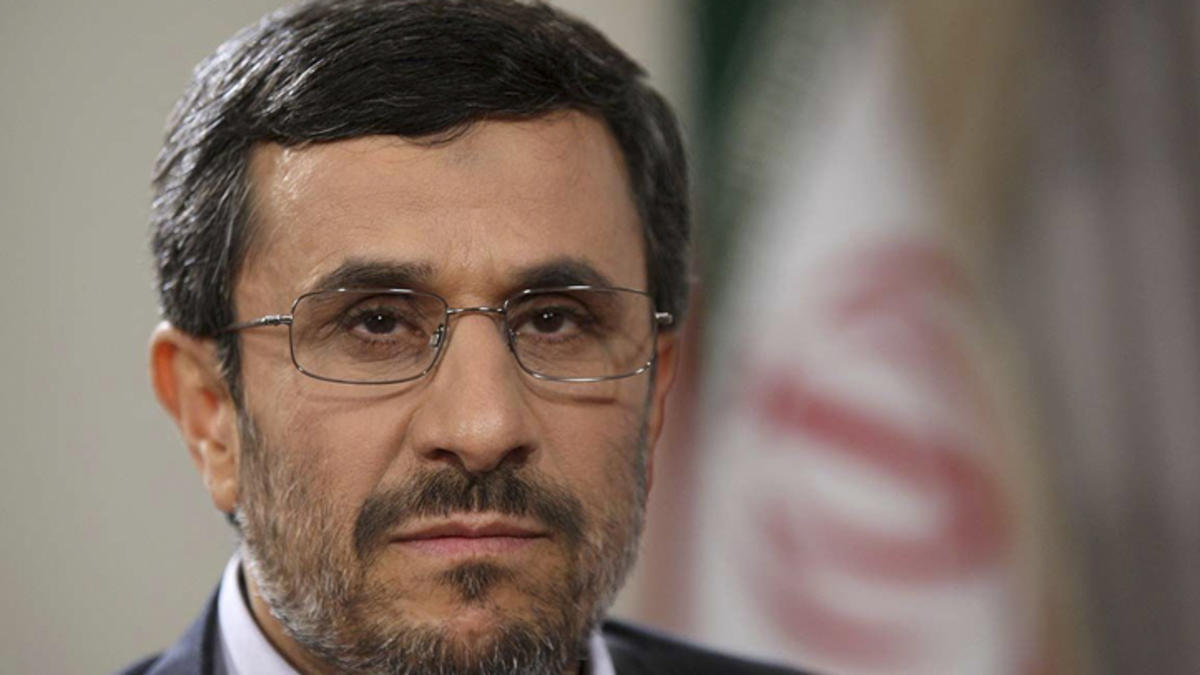
Iran’s former president Mahmoud Ahmadinejad has issued a statement, accusing the current president Hassan Rouhani of providing “fake statistics and information” about the Iranian treasury. In a statement released this weekend, the controversial former president wrote, “Some have Qajar idea and notion about the treasury.” This followed a recent statement by Rouhani, who said, indirectly, that banking relations during Ahmadinejad’s presidency had gone back to the “Qajar” period.
In his statement, Ahmadinejad asserted that “false accusations” by current officials against his administration were an “excuse to justify their incorrect decisions, and cover up for their own weaknesses, imprudence, and inefficiency.”
Radio Farda
♦ New corruptions in Tehran municipality
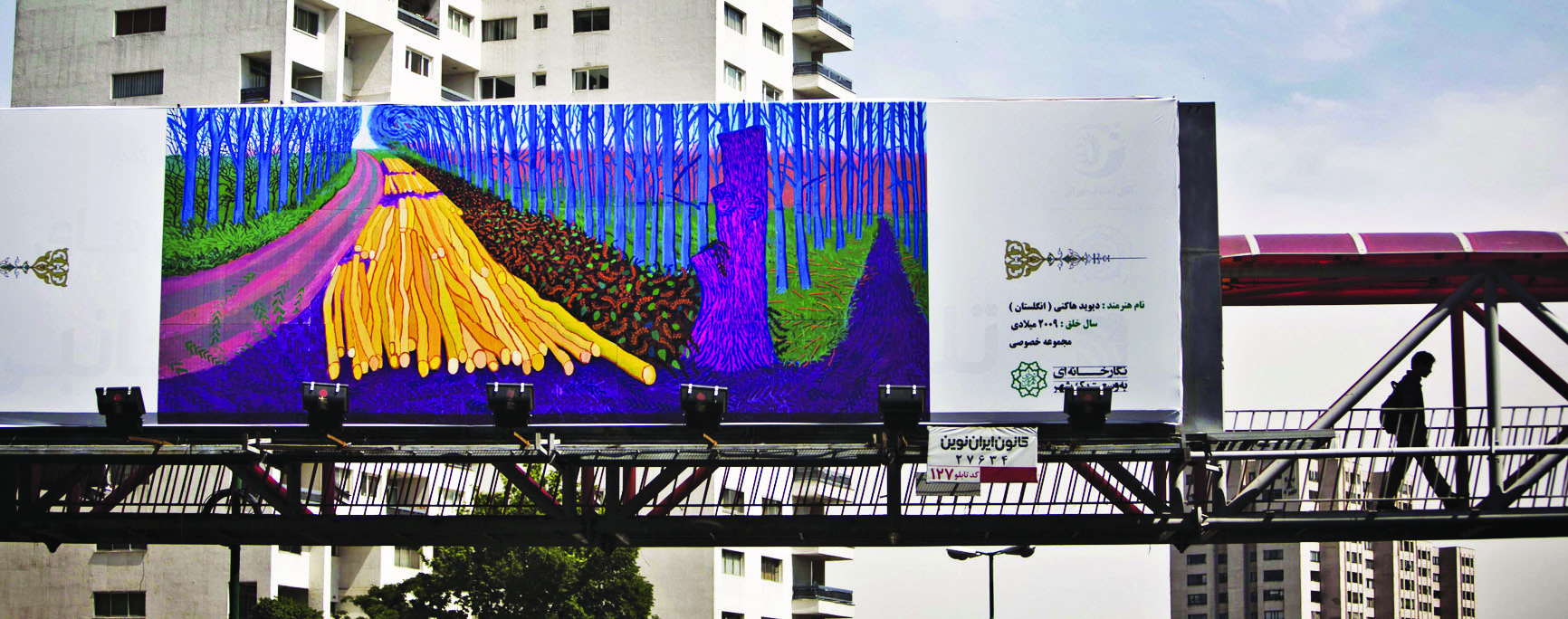
Mohammad Mehdi Tondgooyan, deputy head of architecture and urbanism commission in Tehran City Council, said that Tehran Beautification Organization signs “astronomical contracts with 7-8 people” and the money “goes to 30 to 40 particular companies.” Meanwhile, chairman of Beautification Organization has announced that “due to network security issues, they cannot give access to members of Tehran City Council.”
Tondgooyan added, “Beautification Organization had not announced its revenue as 150bn tomans revenue, of which only 30bn tomans have been deposited to municipality’s coffers.” He said as soon as they ask for transparency, they are accused of politicization, but “signing astronomical contracts with certain people is definitely a kind of corruption.”
Zeitoun Website
♦ Larijani: Rouhani to be re-elected for the second term
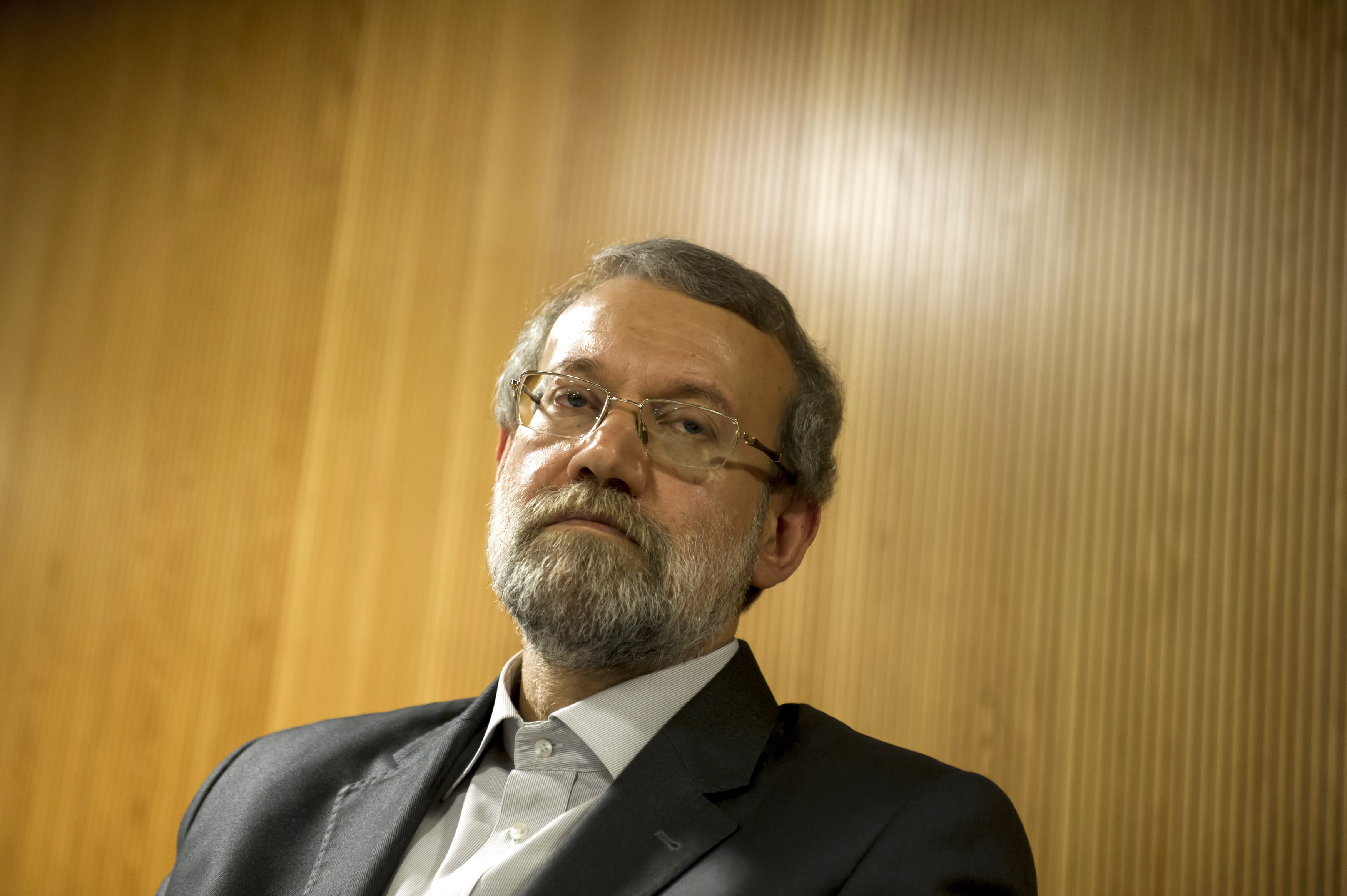
Speaker of the parliament, Ali Larijani confirms the existence of “cold” atmosphere in presidential elections and attributes it Rouhani’s government running for the 2nd term. Iran newspaper, publishing parts of its interview with Ali Larijani, wrote that at the time when fundamentalists are focusing all their efforts on mobilizing their powers and reach an agreement over a candidate to compete with Hassan Rouhani in 12th presidential elections, Ali Larijani says: “I don’t have any close relationship with fundamentalists to know what they are doing. So, I don’t know anything about their policies.”
Ali Larijani started distancing himself from fundamentalists since last year when he ran for parliament’s elections, independent from them.
ISNA
♦ Embezzlement in private bank
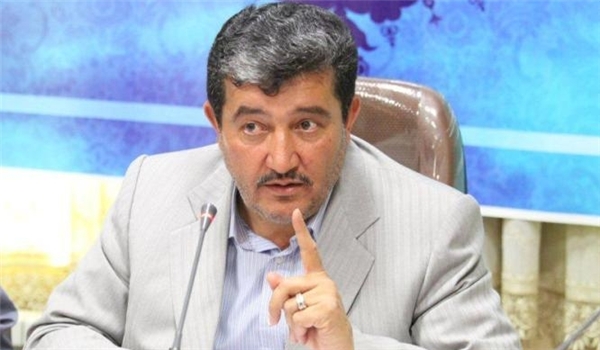
Member of Parliament’s Councils Commission announced that the parliament is investigating a case of 50 thousand billion Toman embezzlement by a private bank. Hamadan MP Amir Khojasteh said about the Iranian parliament’s fight with economic and bureaucratic corruption that it is now involved with the issue of Teachers’ Investment Fund, and so far, 30 people from big economic networks who had looted banks such as Sarmayeh Bank and Day Bank have been identified. Khojasteh added that currently 3 thousand billion tomans have been restored to Teachers’ Investment Fund, and “we are trying hard to return 12 thousand billion tomans to the treasury as well.”
Arman daily
♦ Salehi: Iran to unveil new nuclear achievements
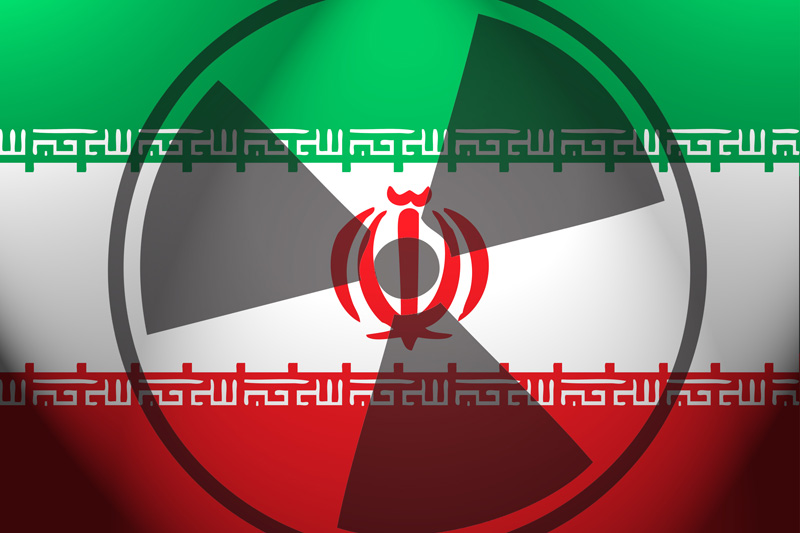
Head of Atomic Energy Organization of Iran announced unveiling new nuclear achievements on 9 April 2017. Ali Akbar Salehi emphasized that Iran has made good progress in nuclear technology and industry, saying that enrichment, production of heavy water, and discovery and extraction in the nuclear industry are rapidly going on. He continued that previously Iran’s uranium reserve (yellow cake) was 550 tons, to which 384 tons were added during past year. Salehi urged that currently two new power plants are being constructed in Iran, and one super modern nuclear hospital is also at the final stages of financing.
Jam-e-jam online
♦ Ravanchi: Frozen money in Luxemburg belongs to pre-JCPOA
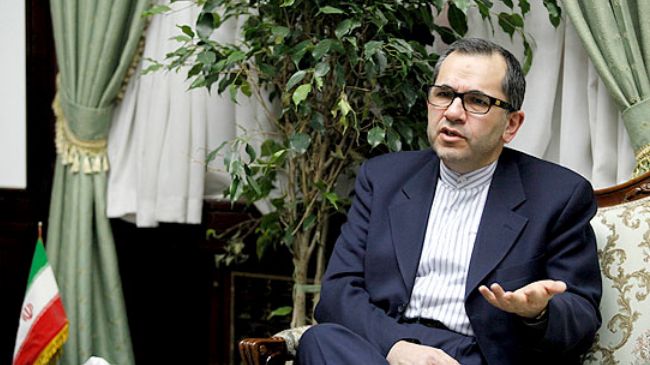
Majid Takht-Ravanchi, deputy foreign minister for European and American Affairs, said that Iran’s frozen money in Luxemburg goes back to the period before the nuclear negotiations, and Iran’s Central Bank’s lawyers are currently counseling on how to access that money. He added that the money belonged to Iran’s Central Bank, and was in Europe at the time of sanctions, which was why Iran did not have any access to it. Takht-Ravanchi continued that during that time and even before the negotiations, “people who were against the Islamic Republic of Iran tried to extend U.S. ratifications to outside the U.S.”
ISNA
♦ Rafsanjani’s daughter: My father’s death ambiguous to us
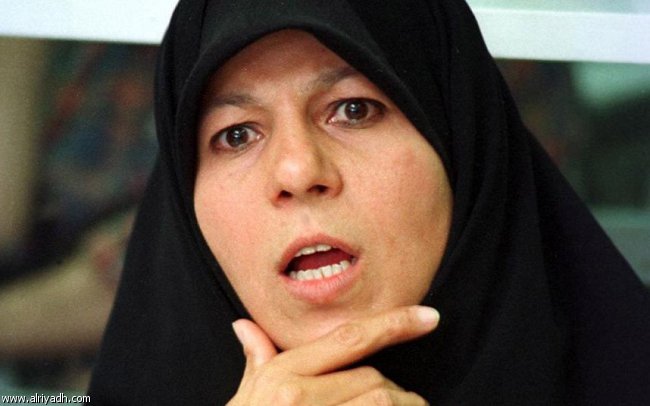
Fatemeh Hashemi said, “even though my father was 82 years old, he was healthier than me. There are ambiguities [about his death] for ourselves.” Rafsanjani’s daughter, who was talking about the commemoration ceremony for her father in Alameh Tabatabi’s University, added that Rafsanjani always acted as if nothing had happened, even under the worst circumstances. As for not holding a Q&A session at Alameh Tabatabi’s University, she said, “our society is not ready to hear the truth.”
Khabar Online
♦ Palizdar: 3 collaborators of Babak Zanjani handed over to Intelligence Ministry
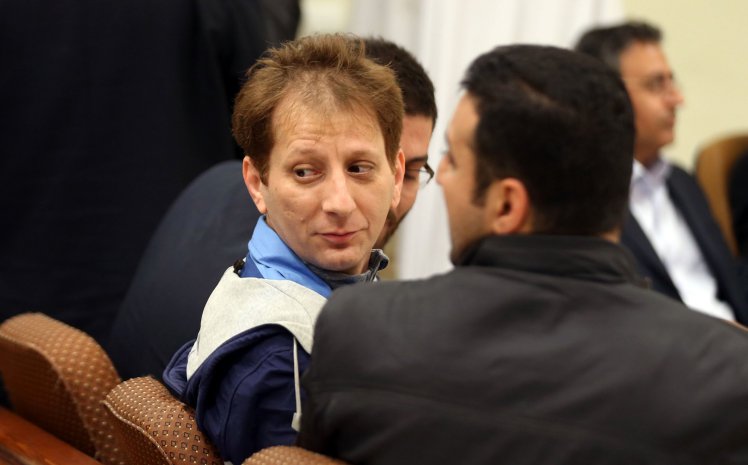
Two months after President Rouhani’s remarks about handing over Babak Zanjani to Intelligence Ministry, Kazem Palizdar, head of the office for coordinating fights with economic corruptions, said that 3 of Zanjani’s collaborators, but not he himself, are given to Ministry of Intelligence. Kazem Palizdar added that according to reports, the process of investigating these suspects’ cases to return people’s assets to the treasury is going on well, and soon positive, desirable outcomes will be achieved.
Babak Zanjani is an Iranian billionaire who has been sentenced to death for corruption, after accusations that he withheld billions in oil revenue. He denies allegations.
Iran newspaper
